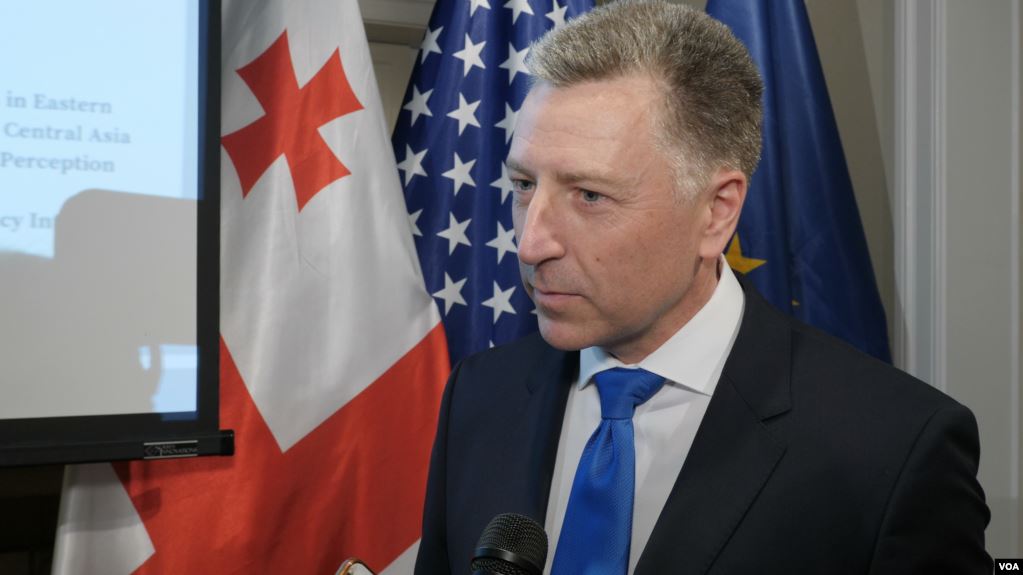Kurt Walker - Georgia's troops are not in Russia, Russian troops are in Georgia
Georgia’s troops are not in Russia, Russian troops are in Georgia – former US Ambassador to NATO Kurt Walker told Georgian Service of Voice of America.
As to who started the war in August 2008, Walker said Russia wants to maintain a continuous narrative that Georgia started the war, the goal of which is to justify Russia’s ongoing occupation of the Georgian territory.
“Let’s talk about the facts first. Of course, Russia exerted tremendous pressure on Georgia, including military pressure for about two years. They shot down the Georgian drone, bombed radars, increased the military personnel in the currently occupied and then UN-protected conflict zones, rotated troops, relocated engineer battalions. All this indicated that Russia was preparing for the war and exerting pressure on Georgia. Then there were military exercises during which Russia was planning to deploy additional military forces in Georgia. Georgia reacted quickly to this in order to stop all this before the situation would get worse. We can argue that Georgia fired the first bullet on that particular day, but this [argument] is out of context that indicates what was going on in this conflict.
Russia wants to maintain a continuous narrative that Georgia started the war, because from their point of view, this justifies Russia’s ongoing occupation of the Georgian territory. There is no Georgian army in Russia. The Russian army is on the territory recognized by the whole world as the territory of Georgia, except Russia itself,” Walker said.
As to how the Russian-Georgian war changed the strategic environment, Walker said, “Georgia was the first step, and Ukraine was the second step, which fundamentally changed the Western view of how Putin behaves in the world and what America should do in response.”
According to Walker, during the war, he offered the NATO partners to issue a declaration that would describe the war as a terrible tragedy and that would support ceasefire, although none of his European colleagues supported the idea, saying the leaders were on their vacations and all this was difficult.

